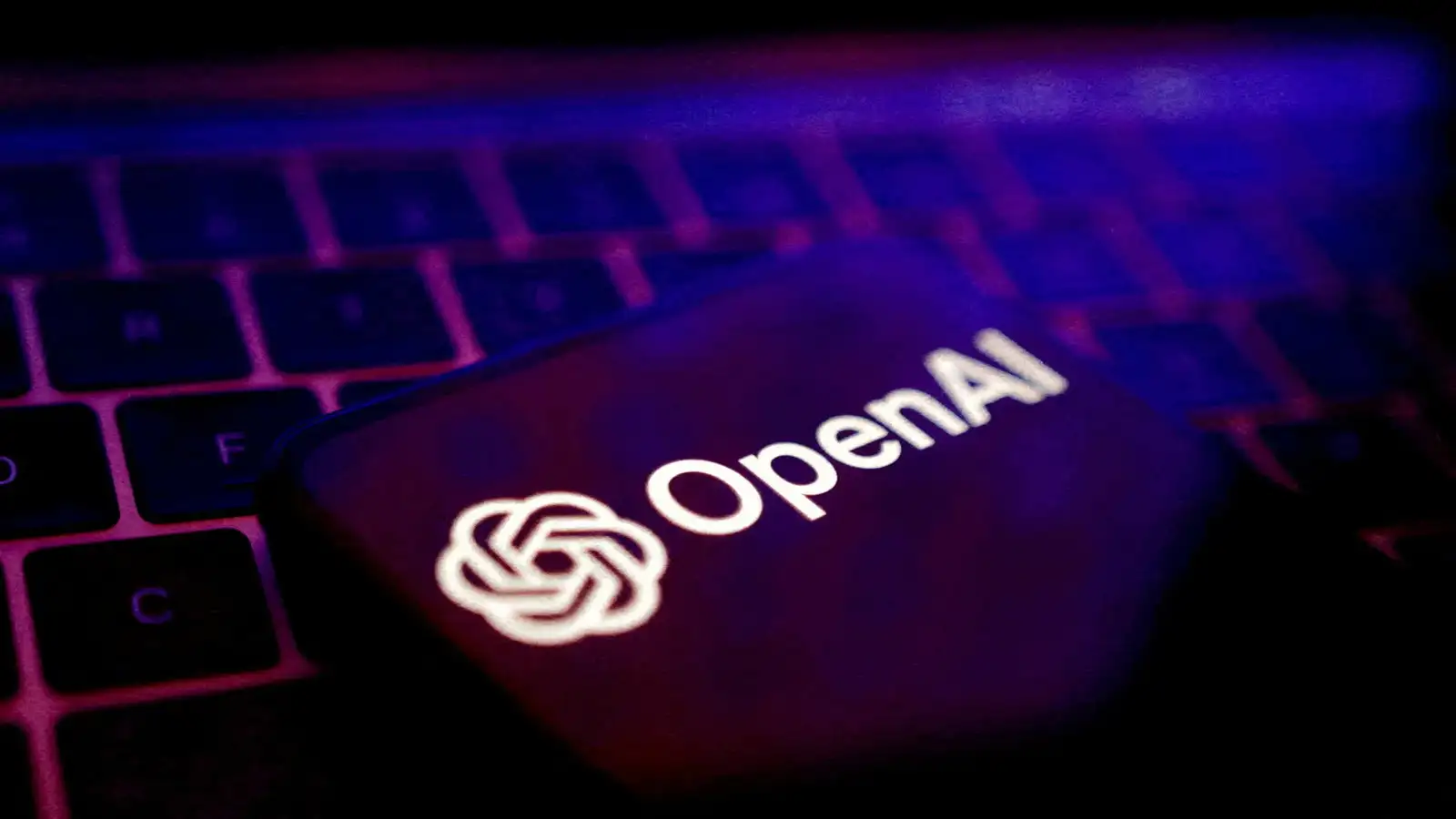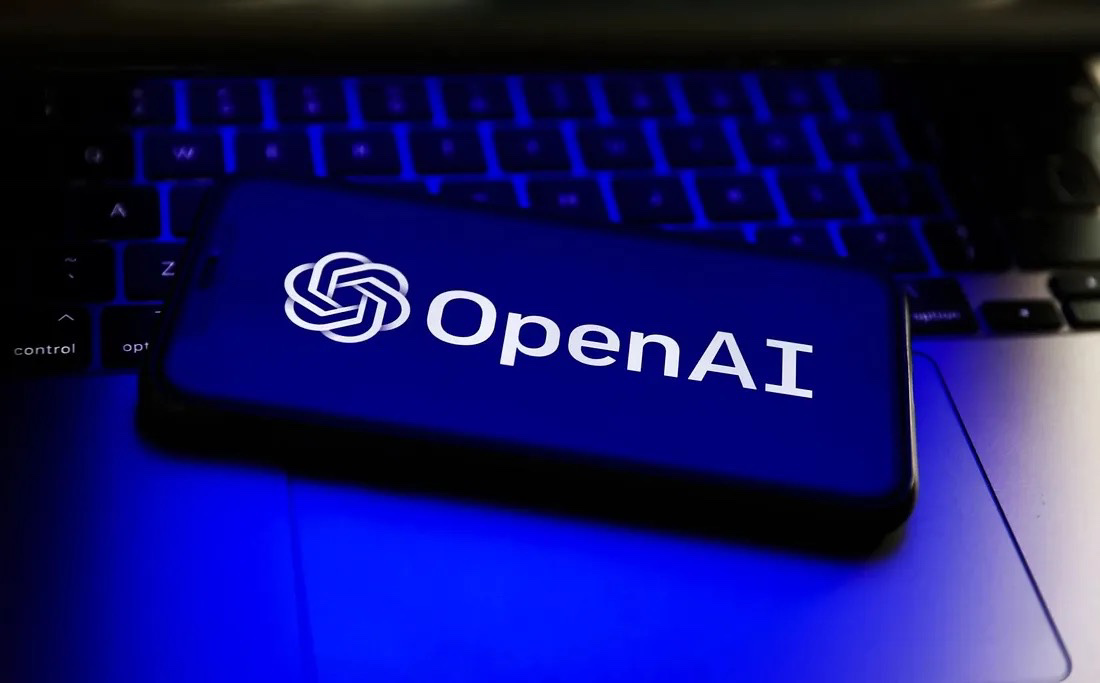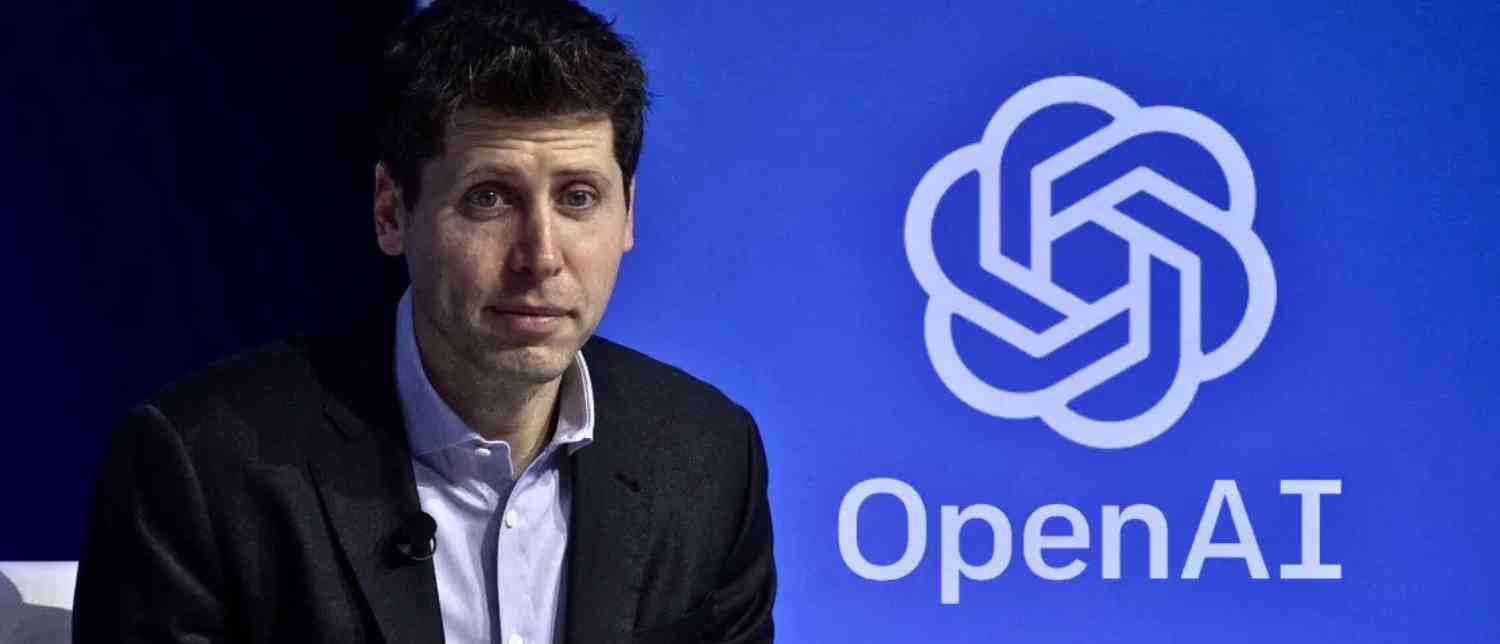OpenAI, the company famous for creating ChatGPT, is planning for a massive Initial Public Offering (IPO) that could value it at nearly $1 trillion. This move could make it one of the largest IPOs in history and could reshape the future of artificial intelligence around the world. OpenAI is reportedly aiming to file for the IPO as early as late 2026, with an actual public listing potentially in 2027. The company expects to raise at least $60 billion, and possibly much more, giving it vast resources to pursue ambitious projects in AI development and infrastructure.

OpenAI’s decision to move towards an IPO comes after it finished a massive corporate restructuring. This change turned OpenAI from a non-profit entity into a for-profit public benefit corporation. This makes it more attractive for investors and allows it to raise money more easily. The IPO would allow OpenAI to gather capital from the public, supporting its CEO Sam Altman’s vision to spend trillions of dollars improving AI technology and creating new infrastructure for the future.
Another big reason behind this move is to reduce the company’s dependence on major backers like Microsoft, which currently owns about 27% of OpenAI after investing $13 billion. Having the ability to raise money independently will allow OpenAI to make bigger decisions and aim for larger acquisitions, helping it stay at the top of the AI race.
A $1 trillion valuation would put OpenAI in the same league as some of the world’s biggest tech companies. This could be a major win for investors such as Microsoft, SoftBank, Thrive Capital, and Abu Dhabi’s MGX. It also means that OpenAI’s work in AI is being seen as one of the world’s most important technology breakthroughs—one that could impact many industries from healthcare to education, and even how people communicate and create art.

OpenAI’s revenue is expected to reach about $20 billion by the end of this year, but it hasn’t made a profit yet. Instead, the company is committed to spending very large amounts (over a trillion dollars) on new AI chips, supercomputers, and updating global data centers to make even more powerful AI tools. Investors and analysts see this as both exciting and risky—the potential rewards are huge, but so are the costs.
So far, public and investor response to OpenAI’s IPO plans seem to be mostly neutral but curious. On investment forums, people are discussing both the excitement of being a part of this history-making listing and the risks, including possible losses and regulatory challenges. Many are waiting for more information about the company's finances, actual profitability, and long-term impact on society before making any decisions.
Some people worry about the speed and scale at which OpenAI is growing, raising questions about AI safety, transparency, and responsibility. Others see the IPO as a positive sign, suggesting that OpenAI will become even more open, perhaps even more accountable, as a publicly listed company.

While details may change, OpenAI’s plans for a record-breaking IPO have already set the stage for a new era in technology investment. The world will be watching closely over the next two years as OpenAI continues to grow and prepares to invite the public to own a part of its future. Whether this makes OpenAI the world’s next trillion-dollar giant or poses new challenges for technology and society, only time will tell.
With inputs from agencies
Image Source: Multiple agencies
© Copyright 2025. All Rights Reserved. Powered by Vygr Media.
























